German broadcasting regulators recently told famous Let’s Play broadcaster Peter “PietSmiet” Smits that he needs a license to continue streaming on Twitch.
The move led to widespread confusion in the German streaming space. Will other streamers get shut down by German authorities now as well?
The short answers is, no.
The media authorities commissioned with licensing and supervision of broadcasting in Germany are not out for a hunt on streamers. They are not even looking on their own initiative.
Instead, the regulatory body, called Medienanstalten, is following up on complaints. That was the case with PietSmiet and many others before him. German media authorities didn’t suddenly single out Twitch streamers for this kind of regulation.
Earlier this year, a livestream for the handball world championship was only just allowed as an exemption by the same authorities. The regulators even looked into a Google Hangouts event with chancellor Angela Merkel in 2013, which was eventually ruled admissible.
In fact, the whole debate is almost 10-years-old and was sparked by implementing the latest version of the Rundfunkstaatsvertrag (Interstate Broadcasting Treaty). The changes were aiming to define which kinds of online broadcast need licensing and which don’t.
In the end, the regulation stayed relatively vague. That 14 different federal institutions all interpreted the outcome differently made it only worse.
What’s certain is that PietSmiet, and potentially other streamers fitting the criteria, operate TV-like channels which, by definition, need a license. Also true is that these licenses cost between €1,000 and €10,000, depending on the scale of the channel.
How come PietSmiet’s channel is considered TV-like, though? To some extent, PietSmiet explains it himself. He runs a 24/7 let’s play channel under the motto “Screw television! Watch PietSmiet TV!” There aren’t many ways to be more blatant. “We are TV, only better,” would’ve been an option.
Keep in mind, too, PietSmiet is one of Germany’s most popular let’s players. We’re not speaking of a random, casual streamer sitting in mom’s basement, but about a celebrity who’s making good money. In this case, streaming is not a hobby but a serious business.
Four criteria define if a channel is obligated to have a license.
First, is it a linear broadcast? In other words: is it live like Twitch or on-demand like YouTube? On YouTube, users decide for themselves if, what, and when they consume content. In that case, media authorities aren’t interested. Livestreaming on Twitch, however, is like TV in the sense that the viewer tunes into a channel and gets what’s on.
Second, is the channel technically possible to reach more than 500 viewers? That’s always the case, when it comes to a Twitch channel as there are no technical restrictions. A channel can have one, or a million, or more viewers at the same time. It’s explicitly not about how many viewers a channel has on average, as it was falsely stated in the public.
Third, is there some form of editorial concept in place? That’s already the case when a streamer comments on what’s going on. As soon as, say, PietSmiet classifies a game, for example, the streamer has editorialized his content. At that point, the viewer is at the receiving end of a service that’s “laid out editorially and prepared journalistically.”
Fourth, and most strikingly fitting our case, is it offering a regular and scheduled program? That’s probably the point where there’s no excuse for PietSmiet. That’s also true for livestreaming everywhere else, by the way. Rocket Beans TV’s 24/7 gaming entertainment channel needed to apply for a license for the same reason back in 2015, and received it.
While RBTV moved from Twitch to YouTube Live, the license agreement is still in place, with all that requires: The channel needs to act under the Youth Protection Act, was classified as 18+ to be allowed to display FSK 18 games before 10pm, and needed to ask parents to install youth protection software to hinder under-age kids from viewing. And let’s be real, that’s a chicanery at best. No one really believes that’s actually happening.
PietSmiet founder Peter Smits is respecting the authority’s decision, by the way—even though he thinks that the Interstate Broadcasting Treaty needs to change. And funnily enough, German media authorities agree.
“The internet is full of broadcasting-like offerings,” said Siegfried Schneider, chairman of the commission on licensing and supervision. “For this reason, the legislation should be amended as soon as possible.”
On that note, European lawmakers are also working to revise the guideline on audio-visual media, which intends to broaden the current broadcasting definition. And that’s probably the point at which content creators on Twitch, YouTube, and other platforms should get a little more wary.
For now, German media authorities won’t act against streamers on a large scale if not otherwise forced to by complaints. And PietSmiet? His business will survive the new reality, just like others did before him.



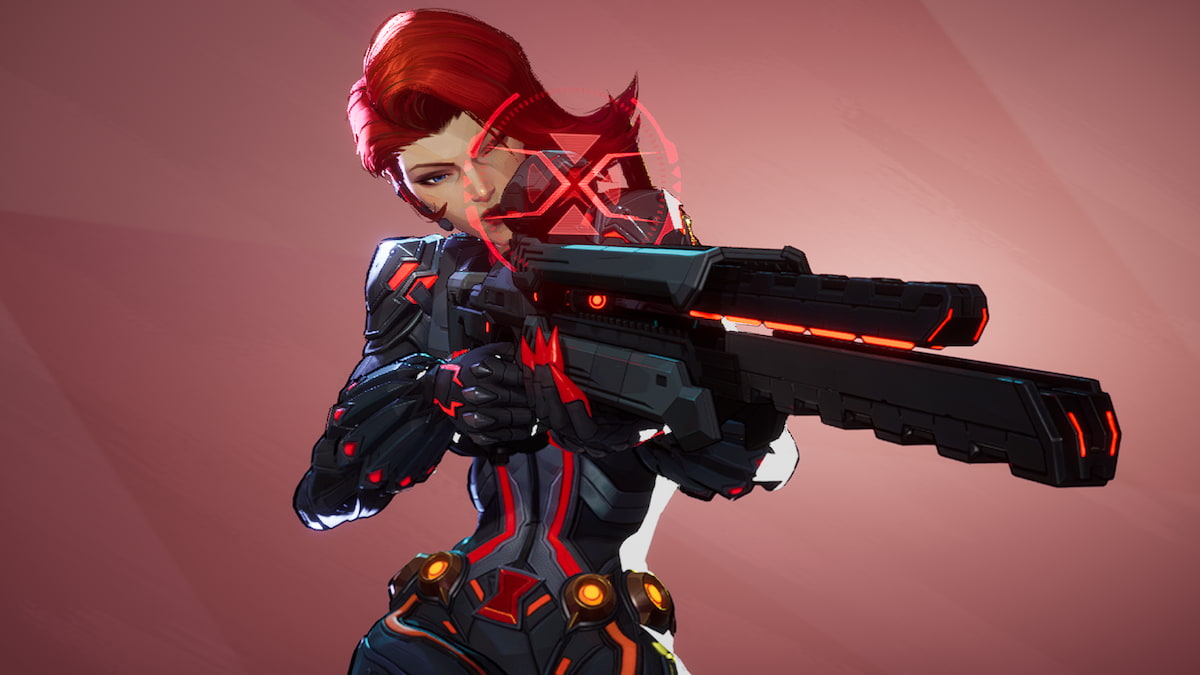
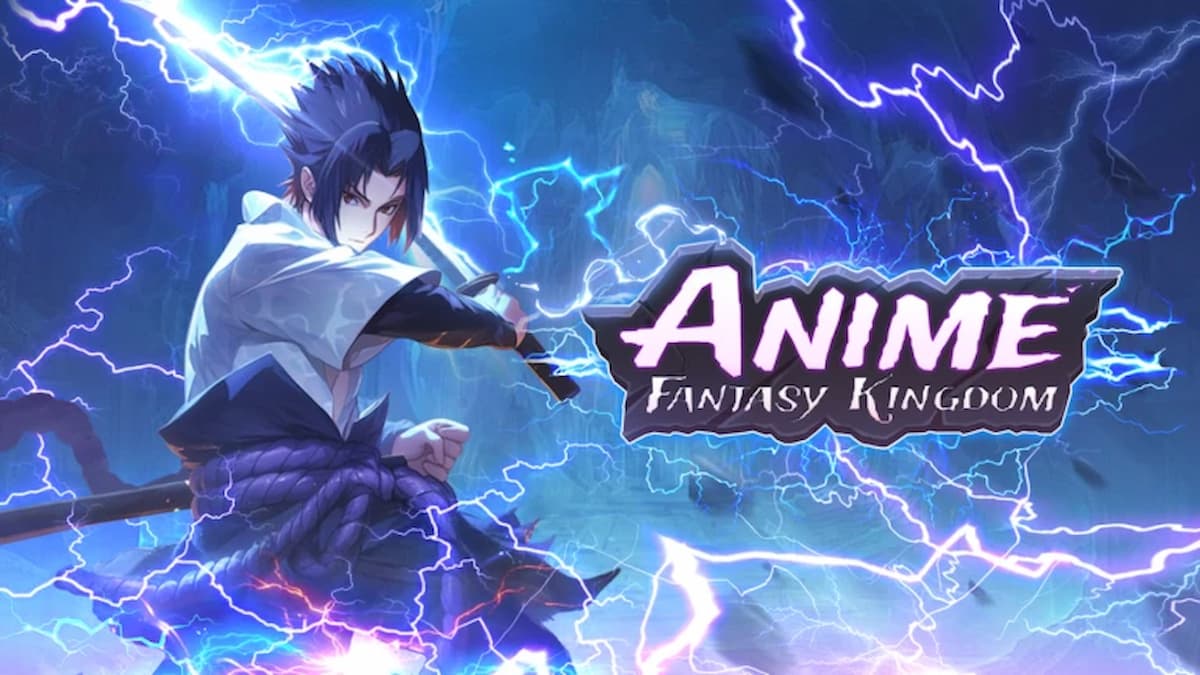

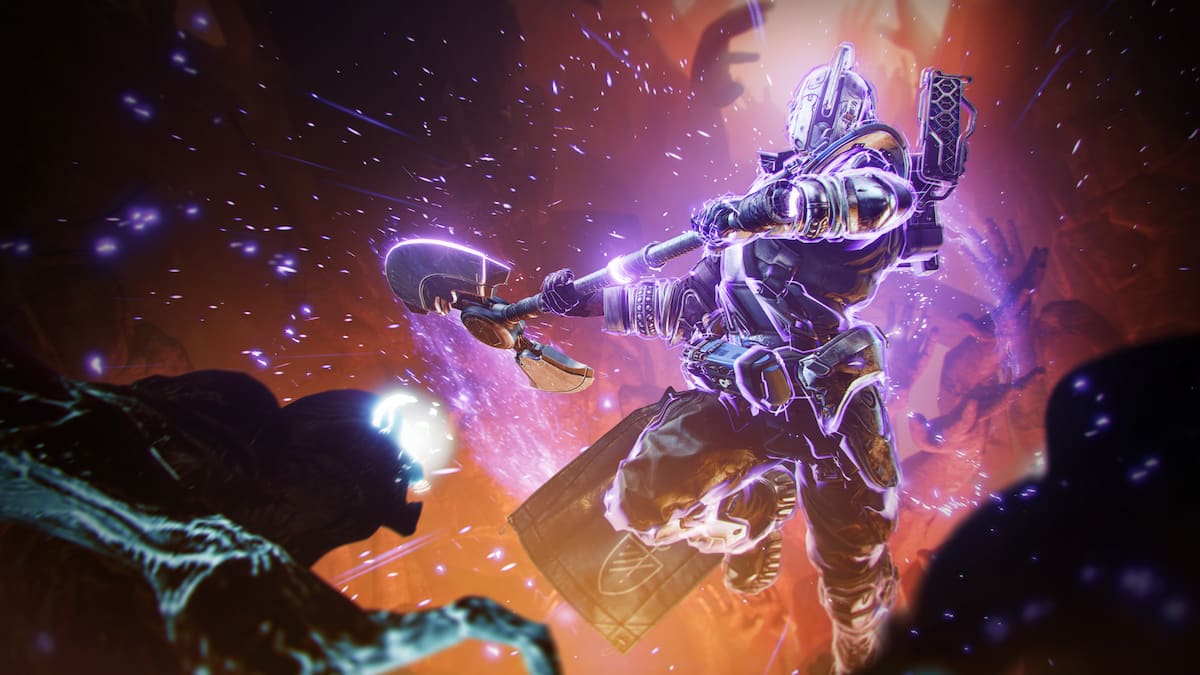
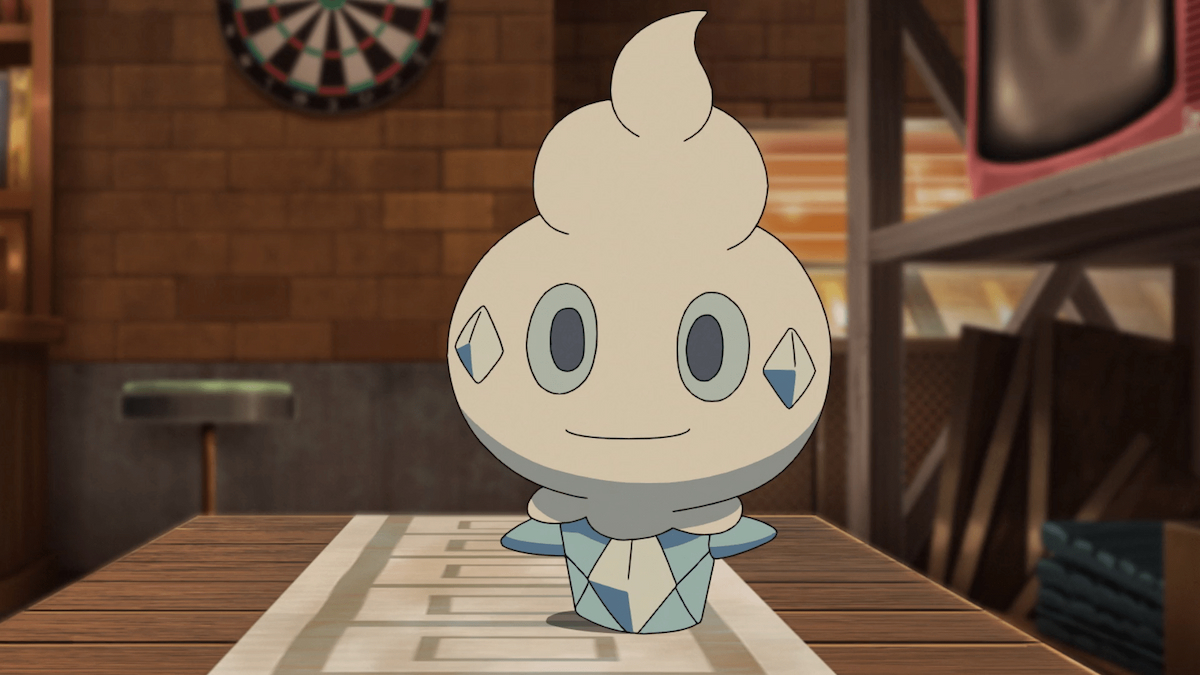
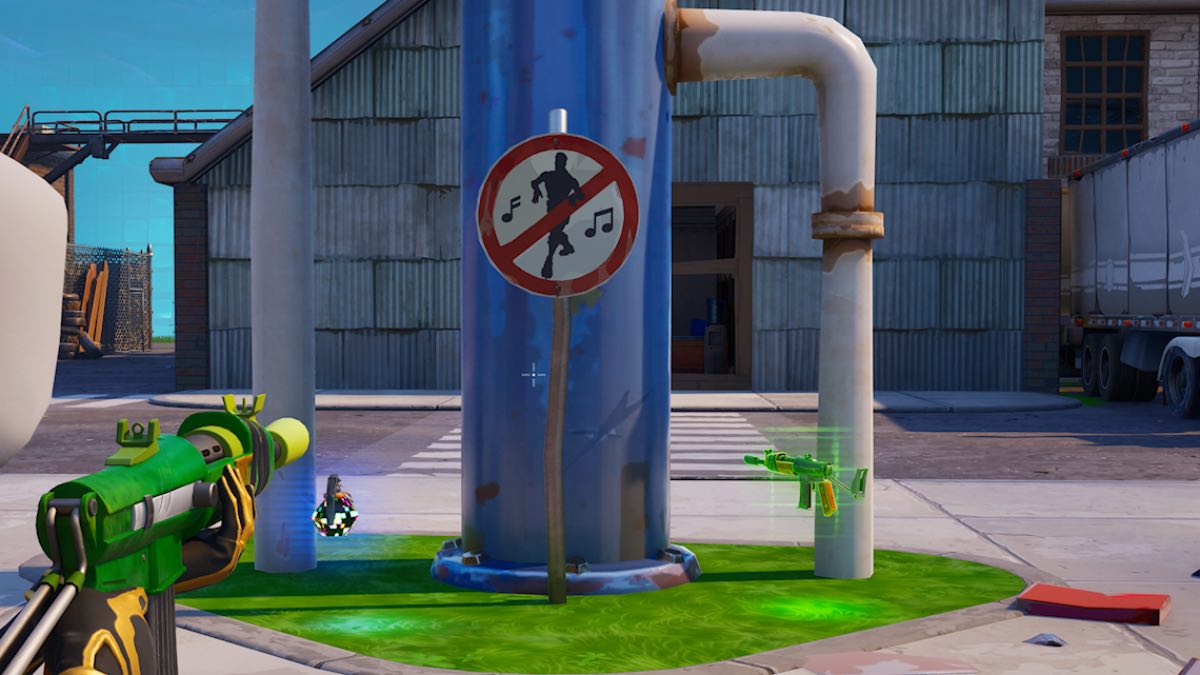


Published: Apr 6, 2017 08:03 am